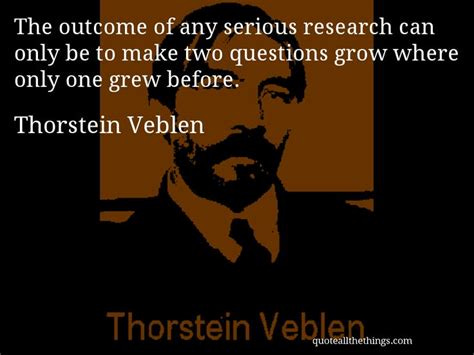How Economics Evolves
Veblen
“In the sequence of cultural evolution…” begins chapter two of Veblen’ classic, “theory of the leisure class.” Those are the first words. It is the beginning of chapter two. (I am too lazy to look up the title.) I know the book. I tried to read it — three times in fact. But without getting anywhere. Finally I tried again and that time it was different. I could follow and I had a sense of what was going on. (At least -unlike some persons -I know it when I am not understanding something!)
This chapter in particular is material I had already read through. Interesting how it took the prompt, something from outside, to make me check it out again. One more look. Some blessed writer on Substack threw the link to me, posting those opening lines, at paragraph’s opening, as well as a few more lines. With his “blessings” I am now reading Veblen some more. It’s like an angel is looking over my shoulder, that is what I feel. My friend passed this link to me — this somehow affords one an opportunity. To read, with blessings!
Maybe if you scour my sub-domain with Subst., you can find the original prompt. Well, I don’t know how that works. But I can figure out that if you would just read my page… Then what? You would just need to READ MY DAMN website…. Grrrrrrrrrrrrrrrr…. Not many people do. I must be “weird.”
Yeah, I want the holy bucks too…..ha ha ha ha ~
Back to reality, what a curious document! So there are different things that happen, in the sequence of culture. Let’s read it more carefully, now. Now I am going to read carefully: “In the sequence of cultural evolution…” and I pick up the actual significance of those words in particular. He is not saying when this “cultural evolution” began. He does not care so much about when the “cultural evolution” began so it must be ongoing. As it turns out (Veblen) is talking about (“writing upon?, James” <yes, master Brown>) the usual thing everybody in economics writes about. What they want to know seems to be always about how classes and division of labor occur. How do humans go through phases, from an initial natural, or more “connected” nature-bound phase where they live in a way that one may easily connect with animals (and therefore what they do is directly connected to how animals do things to — well, you all know the usual story about how classes and division of labor or discovering bronze. But — first of all, there has to be the event of discovering iron and then making cast iron (much better!) and so forth. Or maybe bronze is first, I don’t know. So, it sounds pretty standard for anthropology and sociology but Veblen sees a sequence; he sees stages so he does not privilege just one stage. He does not concentrate on just civilization and not does he romanticize or attempt to prolong the natural or the primitivity phase, “hunter-gatherers.” It is rather about a continuum of cultural phases that mankind is in. In the future it might be something completely different. But the interest in classes and inequality is pretty standard, isn’t it? These are the usual questions for economics. One may answer normatively or descriptively. Just spare me the future utopias.
You get the idea of a cultural evolution simply moving through its stages of being. We don’t know why all the stages happened, but we may look back and see a “sequence.” It rolls along, and we are concerned with the way it does so. And not the primordial glory that preceded it. Veblen is writing in a relatively modern time, the earliest part of the 20th c. We are already relativists. Nothing is ultimate. Everything is relative. There is not any universal culture, only what is happening at present.
This is the modern attitude. Veblen was one of the greats. Not all economists are the same. Veblen’s views came to be called the “institutional” approach or the “evolutionary” approach. Perhaps from the above the reader can get a hint of why that is. In Veblen’s approach to economics, we get to take a look at institutions and cultural practices. This is not the same as what we often we called the “mainstream” sort of economics. Indeed, these are two different things entirely.
Instead of believing in an ideal, perfect “free-market” system Veblen saw a sequence of systems that change over time. In the pieces before and after this piece on Veblen, I am bringing up the possibility that economics can have an effect on the human mind. Our minds are now quite different from what they may have been in Veblen’s day, over 100 years ago. That’s a good example of “evolutionary economics.” I think so.


